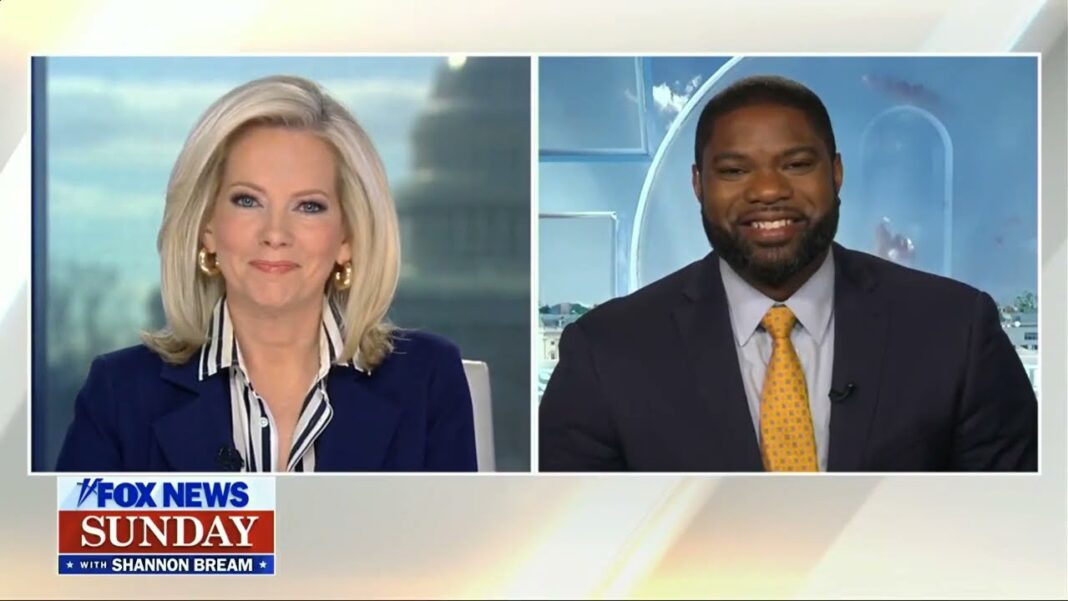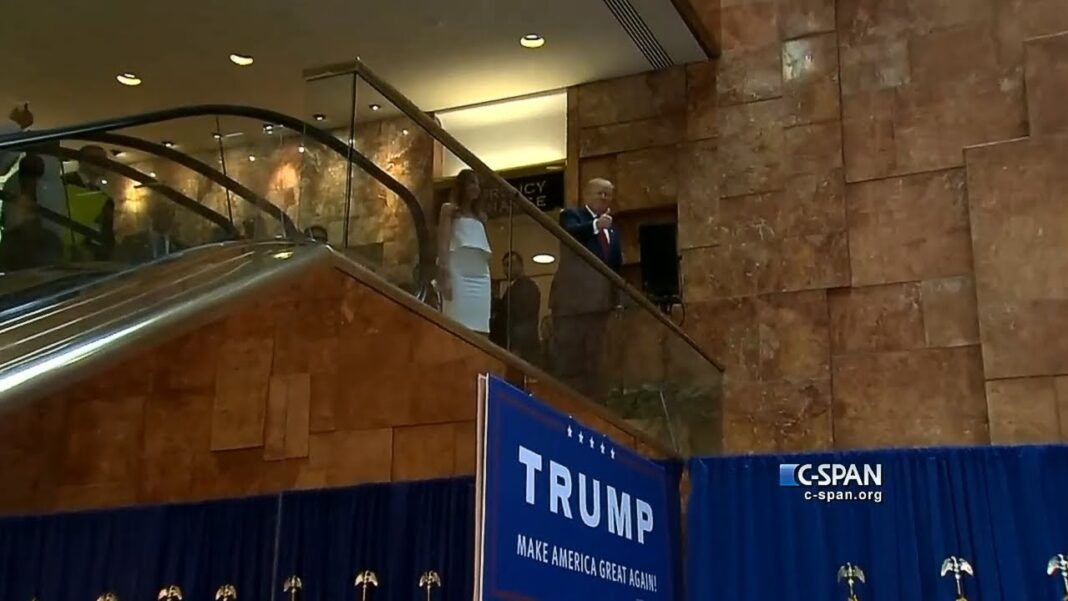
The high court ruled that states cannot enforce Section 3 to remove a presidential candidate, one day ahead of Super Tuesday.
The Supreme Court ruled that former President Donald Trump cannot be removed from the ballot by individual states, overturning the Colorado Supreme Court decision that found him ineligible as a candidate and disqualified from the state ballot under Section 3 of the 14th Amendment.
“[R]esponsibility for enforcing Section 3 against federal officeholders and candidates rests with Congress and not the States. The judgment of the Colorado Supreme Court therefore cannot stand,” the per curiam order reads. “All nine Members of the Court agree with that result.”
The order was issued on March 4, just a day before more than a dozen states hold their primary elections.
Supreme Court Defers to Congress
The Supreme Court ruled that states cannot enforce Section 3 for national candidates, but “the Constitution empowers Congress to prescribe how those determinations to be made.”
Section 5 of the 14th Amendment spells out Congress’s authority to pass legislation to enforce the amendment, and the court opined that this “power is critical when it comes to Section 3.”
States may only enforce Section 3 when it comes to state office, the opinion reads, in line with how states have historically used the statute.
“As an initial matter, not even the respondents contend that the Constitution authorizes States to somehow remove sitting federal officeholders who may be violating Section 3,” the opinion reads, adding that this sort of power would “flout” Constitutional principles.
The justices found that the text of Section 3 itself reinforces this reading, as it allows Congress to “remove” a Section 3 “disability” through a two-thirds vote.
“The text imposes no limits on that power, and Congress may exercise it any time,” the opinion reads.
In a footnote, the court cited cases where Congress voted to remove this disability for members of Congress after the candidates had been elected.
Experts who had predicted this ruling outcome had also warned of a potential last-minute disqualification in January. Four Supreme Court justices noted their disagreement in opining on Congress’s role in a presidential candidate disqualification.





